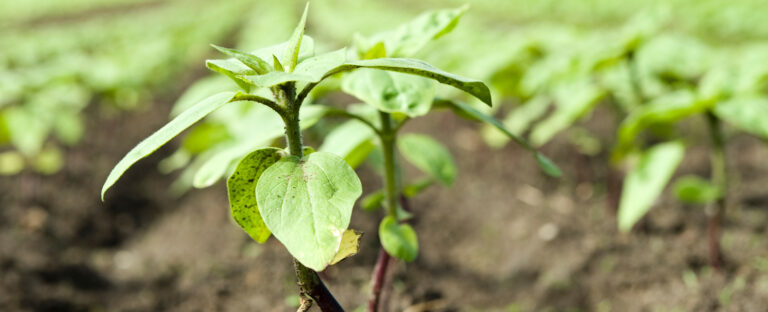Livelihoods
help break the cycle of poverty
All over the world, people are stuck in the vicious cycle of poverty. Hardworking individuals rely on the necessary tools to grow out of poverty through small loans, job training, and encouragement.
ADRA Lao’s economic growth programs have helped thousands of individuals increase productivity and income. Our portfolio has built upon gains in agricultural productivity and increased demand for smallholder farmer production through adoption of a value chain approach. ADRA supports people to improve their access to markets, gain vocational skills, and secure credit and other financial services.
In every corner of the world, women and girls are abused, neglected, and forgotten. They are denied basic human rights and often face physical, mental, and emotional trauma from violence.
ADRA recognizes the unique vulnerability of women and girls and seeks to address their needs through targeted projects.
Our programs are community-based and involve the whole family so that our efforts are effective in sustainably increasing knowledge and changing behavior. ADRA considers gender equity and the empowerment of women as a cross-cutting intervention for all of our programs.
CLOSED PROJECTS
PARTNERS: KOICA, ADRA Korea, Xiengkhuang Provincial Lao Women’s Union, Mok Mai District Lao Women’s Union
LOCATION: Xiengkhuang Province
IMPACT AREAS: Economic Development, Women & Gender
The Gender Awareness Project (GAP) was implemented in 5 Lao and Hmong villages of Mok Mai District, Xiengkhuang Province in 2013.
GAP story from Namon Village, written by Rosemary Andrykanus
Woods, mountains and poverty isolate Namon village. A cluster of households with split bamboo roofs defines the community. Remote villages like this, once heavily bombed during the 1988-1972 war, have been undergoing rapid development over the past 40 years. The introduction of roads, even in their unsealed state, has allowed villages to become increasingly interconnected with each other and the outside world. Although the quality of life for villagers in rural Laos has improved dramatically since the war, life is still tough.
Furnishings inside houses are minimal; several low stools of wood or bamboo, a low table for eating and basic kitchen equipment. Coloured, woven mats are scattered on the floor. Houses stand suspended, shaded by tall coconut fronds. Behind the hills that surround the village, thick smoke pushes its way through the foliage dispersing into the misty air; the forest is being burnt down to prepare the way for a new crop.
The story of three women, Khamphoua, 48; Tha, 49; and Khamphai, 36, is one of hope in this rural developing landscape. They have been rice farmers since they were 15 years old. Traditionally, gender roles in these rural areas are strongly differentiated. Women are responsible for all household chores, including cooking, grinding corn, husking rice and child care, in addition to regular farming tasks. Their day begins at 3:00 AM where they feed their livestock before heading out into the rice field for the day. They return home at around 5:00 PM, just in time to prepare the evening meal for their families. “We work hard; our lives are difficult” expresses Khamphoua, lines etched into her face. Rice farming generates approximately 300,000 LAK ($37.00 AUD) per month for an average family. The women work in the field for 14 consecutive days, only having one day off every 14 days in accordance with Buddhist traditions. With such a limited combined family income, their futures remain uncertain.
In the vulnerable and poor villages of the Mok Mai district, women are being given access to micro-finance opportunities through the GAP (Gender Awareness Project) project. Beneficiaries of the project receive financial literacy and business management training, along with instruction on vocational and technical skills. These skills and knowledge, along with access to microfinance products are allowing them to establish income-generating microbusinesses.
Khamphoua, Tha, and Khamphai are three entrepreneurs who plan to on taking out microfinance loans to establish small poultry businesses. Tha expresses that the extra income generated from the business can assist in paying for health expenses, food, as well as an education for her children. Khamphai warmly welcomes the microfinance loan with a smile, ‘we are getting old, and we no longer have the energy to work long days in the rice field.’ The women have one year in which to repay the small loan at a very low interest rate. Once repaid, the donation is recycled again to help a growing number of entrepreneurs in the district. Microfinancing through the GAP not only empowers women to take change of their families’ future, but also is the first step at ensuring a sustainable long-term strategy to address poverty in these villages.






